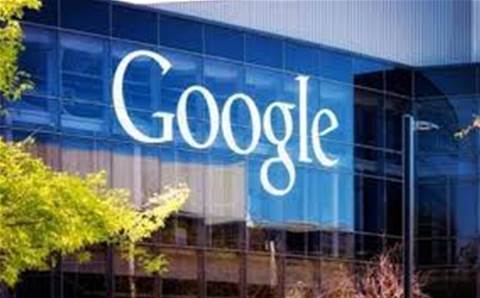Chief of internet service provider Talk Talk has rejected copyright group calls to restrict illegal downloaders' internet access.
His comments are made as the issue of what to do with persistent downloaders is becoming a heated political debate in the UK, as well as at EU level.
The Carphone Warehouse chief executive, Charles Dunstone, discussed the issue after releasing the company's year-end results on Friday, where he also revealed a planned demerge of the TalkTalk Group's fixed line and broadband business from the rest of the company.
"If you try speed humps or disconnections for peer-to-peer, people will simply either disguise their traffic or share the content another way," said Dunstone, according to a report in The Guardian.
Dunstone was referring to proposals put forward by the entertainment industry to introduce "speed humps" that will punish file-sharers by slowing down their internet connections. The industry alternative put forward is to kick downloaders off the internet completely, a policy just adopted by the French National Assembly.
Dunstone said, "It is more about education and allowing people to get content easily and cheaply that will make a difference." He added, "This idea that it is all peer to peer and somehow ISPs can just stop it is very naive."
His comments agree with ideas put forward in a report by the Strategic Advisory Board for Intellectual Property, titled Copycats? Digital Consumers in the On-Line Age.
The report said if unauthorised downloading cannot be stopped, creative industries may have to start offering new ways for legal downloading of the material. It pointed to the BBC's authorised programme-streaming service, the iPlayer, as an example of how business models are already changing.
While some ISPs send letters to persistent illegal downloaders warning them their offence may wind them up in court, the majority have long argued it is on ly their job to provide broadband services, and the Internet Service Providers Association (ISPA) has registered concern over the cost to ISPs of policing broadband.
But Dunstone was more concerned the government would introduce weak legislation.
"It is a game of Tom and Jerry and you will never catch the mouse. The mouse always wins in this battle and we need to be careful that politicians do not get talked into putting legislation in place that, in the end, ends up looking stupid."
Culture secretary, Andy Burnham said on Thursday that cutting people of the internet was not the "preferred option", although Burnham's policy may change with the Friday cabinet reshuffle.
UK copyright groups have been encouraged by fierce action taken against downloaders in France and Sweden.
The French idea is referred to as the "three strikes" policy in Europe because individuals will have their access cut after three offences. While the European Parliament rejected the policy last month, the idea will now be debated by the Parliament and Council in the EU's conciliation procedure.
A court in Sweden recently jailed four men behind The Pirate Bay, one of the world's most popular file sharing sites, because of the large cost it was causing the economy.
Cutting off downloaders won't work, says ISP
By
Rosalie Marshall
on Jun 8, 2009 8:44AM

Got a news tip for our journalists? Share it with us anonymously here.
Partner Content

MSPs with a robust data protection strategy will achieve market success
_(21).jpg&h=142&w=230&c=1&s=1)
Empowering Sustainability: Schneider Electric's Dedication to Powering Customer Success
_(27).jpg&h=142&w=230&c=1&s=1)
Promoted Content
Why Renew IT Is Different: Where Science, AI and Sustainability Redefine IT Asset Disposition

Fabric workshops help partners tap into data services demand growth.

Shared Intelligence is the Real Competitive Edge Partners Enjoy with Crayon







.jpg&w=100&c=1&s=0)











